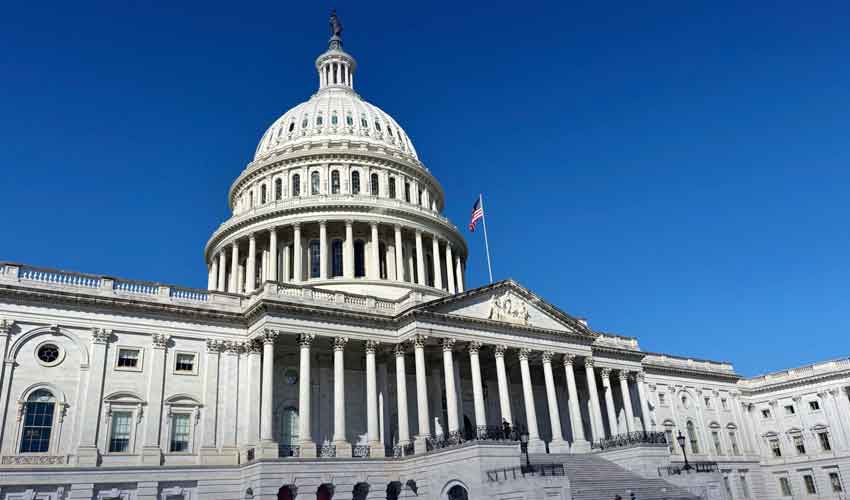As the 2024 presidential race heats up, the specter of mass deportations looms large, particularly under the banner of former President Donald J. Trump. With a promise to initiate the "largest deportation effort in American history," the potential ramifications for millions of undocumented immigrants, as well as the U.S. economy, are profound.
This blog explores the implications of such a drastic policy, particularly in rapidly growing regions like Northwest Arkansas, where the immigrant workforce has become integral to local industries.
The demographic landscape of Northwest Arkansas has shifted dramatically over the past few decades. Once a region that was predominantly white, it is now home to a diverse population, with nearly 40% of Springdale’s residents identifying as Hispanic. This transformation is partly fueled by the influx of immigrant workers who have not only filled labor shortages but also stimulated demand for goods and services, leading to the proliferation of businesses catering to a growing Hispanic community.
However, the prospect of mass deportations, as proposed by Trump and his running mate J.D. Vance, raises critical questions about the stability of this workforce. With an estimated 11 million undocumented immigrants in the United States, including those in Arkansas, the logistical challenges and costs of mass deportation are staggering. Experts estimate that implementing such a plan could cost approximately $88 billion annually over ten years, necessitating a vast expansion of immigration enforcement resources, including hiring thousands of additional agents.
Economic implications
The economic implications of deportation are complex and multifaceted. While some argue that removing undocumented immigrants would free up jobs for U.S.-born workers, research presents a more nuanced picture. A study examining the effects of 400,000 deportations from 2008 to 2013 found that for every 100 unauthorized immigrants removed, there were nine fewer jobs for native-born workers. This statistic suggests that immigrant labor is not merely an alternative but a necessity in many sectors, particularly those that require manual labor, such as agriculture and construction.
Moreover, the short-term effects of sudden deportations can be devastating. A notable example occurred in 2008 when nearly 400 workers were arrested at a meatpacking plant in Iowa. The immediate aftermath saw the plant file for bankruptcy, illustrating how the removal of a significant labor force can ripple through local economies, impacting not just businesses but also communities.
Community on edge
In Northwest Arkansas, the potential for mass deportations has sparked fear and uncertainty among both immigrants and local business leaders. Nelson Peacock, who leads the Northwest Arkansas Council, highlights the region's reliance on immigrant labor, stating, “It would certainly cause disruption and angst.” His organization is working on initiatives to assist immigrant workers with legal services, recognizing that many face challenges navigating immigration law.
The local sentiment is clear: while there may be political support for stringent immigration policies, the economic realities speak to the importance of immigrant workers in sustaining the region's growth. With over 11,000 open jobs in the area, the urgency to maintain a stable labor force is evident.
Political landscape
Despite the growing recognition of immigrants' contributions to the local economy, support for Trump's hardline stance on immigration persists among some voters. Peacock observes that this awareness may not translate into votes against Trump, indicating a disconnect between economic interests and political ideologies.
The complexity of immigration issues often leads to oversimplified narratives that resonate with certain voter bases, making it challenging for nuanced discussions to gain traction.
The debate surrounding mass deportations is not merely a political talking point; it embodies real lives, families, and communities. As the 2024 presidential election approaches, it is crucial to consider the far-reaching impacts of proposed immigration policies. The experiences of families like the Quiñoneses and the economic realities of regions like Northwest Arkansas underscore the need for a balanced approach to immigration—one that recognizes both the challenges and the invaluable contributions of immigrant communities.
In navigating this complex terrain, policymakers must prioritize thoughtful solutions that respect human rights and acknowledge the economic realities that immigrant workers face. As the nation grapples with these pressing issues, the stories of those directly affected will remain at the forefront of this critical conversation.



























